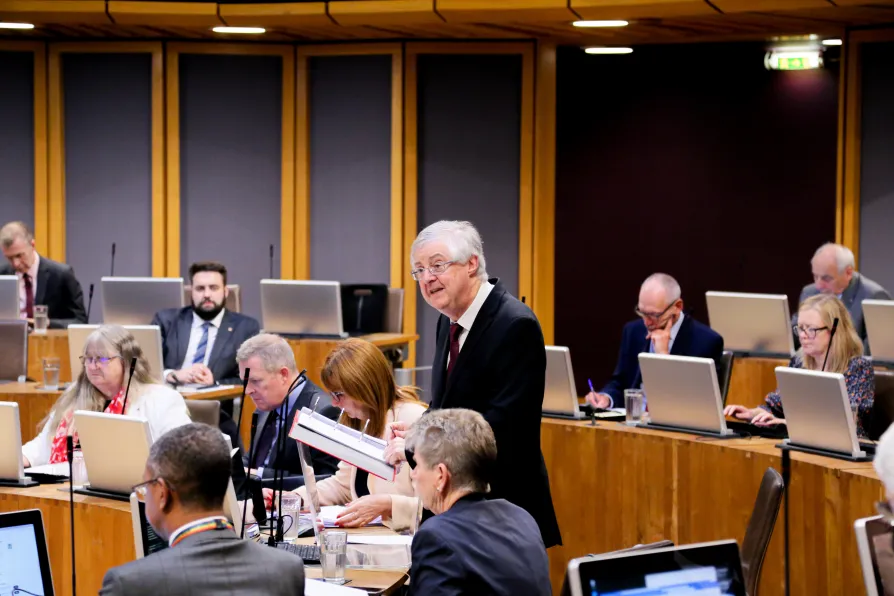Tory austerity blamed for Wales and Scotland's ‘most stark and painful budget’ cuts

 Wales First Minister Mark Drakeford
[Senedd Cymru/Creative Commons]
Wales First Minister Mark Drakeford
[Senedd Cymru/Creative Commons]
TRADE UNIONS blamed budget cuts in Scotland and Wales today on Tory austerity as the devolved governments in Edinburgh and Cardiff set revised spending plans for the year ahead.
In Wales, Finance Minister Rebecca Evans said that Welsh ministers had faced the “most stark and painful budget choices for Wales in the devolution era.”
The Scottish government’s Finance Secretary Shona Robison had warned of public-sector job losses in the run-up to the budget.
Similar stories














